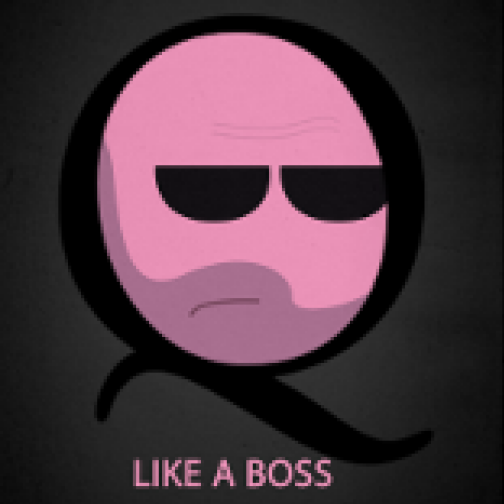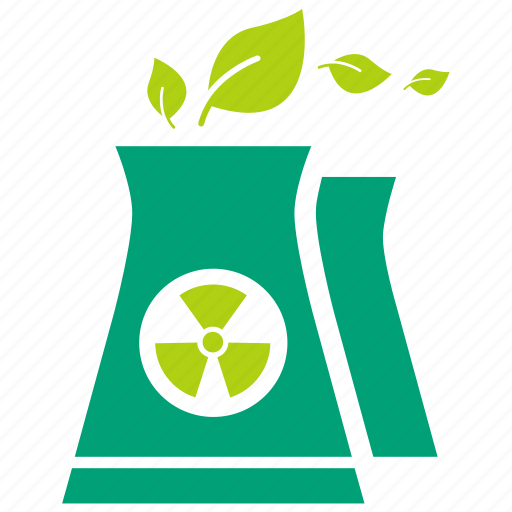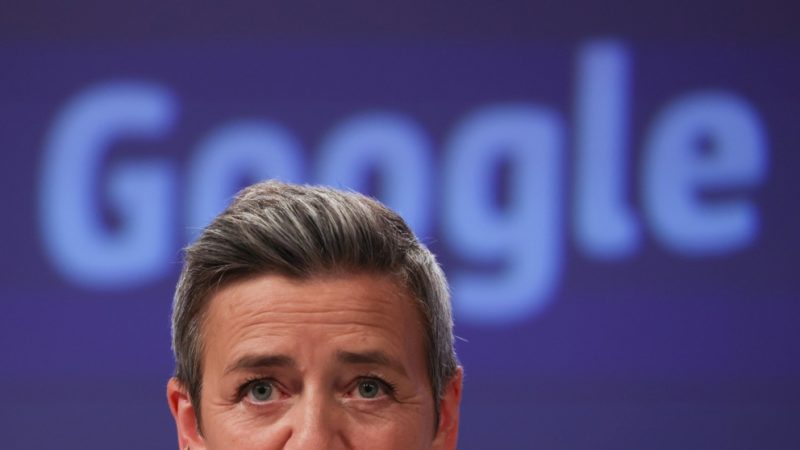With the race for the presidency of the European Investment Bank (EIB) in its final stretch, Danish candidate and former EU competition chief Margrethe Vestager said she would be ready to consider EIB financing for defence and nuclear.
On Thursday and Friday (15-16 September), EU finance ministers will meet informally in Santiago, Spain, to try to reach a consensus on which candidate will become the next EIB president.
As crunch time looms, it is candidates’ positions on nuclear and defence – alongside Ukraine’s reconstruction – that are most under the spotlight.
As it were, these make for quite a “heated discussion” in EU circles, Vestager told a group of journalists at the Danish Embassy in Berlin on Friday (8 September).
Nuclear has divided member states over whether it should be deemed a ‘strategic’ energy source for the purpose of decarbonising the EU’s economy.
As for defence, the EIB has only ever granted ‘dual use’ financing, which focuses on projects that meet both military and civilians’ needs. Turning to military-only has led to concerns by many that the Bank would be losing its ‘AAA’ credit rating.
But Vestager, who is leading the race alongside Spanish Vice-Prime Minister and Minister of Finance Nadia Calviño, said on Friday she’d be willing to take more investment risks as EIB chief, and was open – out of “pragmatism” – to support nuclear and defence funding.
“Completely pragmatic”
“If you turn on the lights [in Denmark] on a grey day with no wind, well, it’s highly likely that the electricity will be nuclear-produced energy from Sweden,” Vestager said.
A nuclear-sceptic, she appeared to offer a listening ear on Friday: “If there are decisions to do things in a different way, that is perfectly fine with me,” she said, though added that such calls are ultimately down to the political institutions, such as the Parliament, Commission and Council, not the bank.
“I don’t think that the bank should be a place where you can second guess or cut through disagreements in our political bodies,” Vestager said, arguing that she refuses to see the EIB become “another political fighting ground”.
On Wednesday, Thierry Breton, EU Commissioner for the Internal Market, spoke in favour of EIB investments into nuclear: “Of course, nuclear power is on the march [in Europe], of course, it needs to be financed and of course, I think the EIB should do it,” he told journalists.
The same goes for defence and military-only investments: “Things are changing” on this front, Vestager said, keeping all funding options on the table but warning that it still requires “an in-depth conversation in Europe about what we want to do”.
As the financial arm of the EU, the EIB is critical to the more costly of the bloc’s policy ambitions, such as the green transition and the reconstruction of Ukraine. It carries considerable financial firepower, with a balance sheet that hovers around €544 billion.
Soothing the Paris row
Paris and Vestager have not always seen eye to eye – could she be trying to make amends?
Last July, Vestager came under fire for her nomination of US citizen Fiona Scott Morton as chief economist of the Directorate-General for Competition, a move that was slammed by the French President, Emmanuel Macron. Scott Morton eventually withdrew.
Vestager had also drawn the Elysée’s wrath in 2019, when, as Commissioner in charge of Competition, she vetoed a wide-scale merger between France’s Alstom and Germany’s Siemens – dubbed at a time as the birth of an ‘EU railway giant’ – citing monopolistic concerns.
Such a veto was “an economic mistake and a political error”, French Economy Minister Bruno Le Maire said at the time, claiming this was “a gift to China”.
Whether Vestager’s newly-ameliorable stance on nuclear will be enough to smooth over past conflicts remains to be seen – Le Maire made it clear in July 2023 that France’s support would go towards a candidate that is open to providing more EU-level financing to the nuclear sector.
The former Commissioner is up against four other candidates for the top job, with Calviño rumoured to be favoured by the French, EURACTIV understands.
The new President is expected to take office in early 2024.


